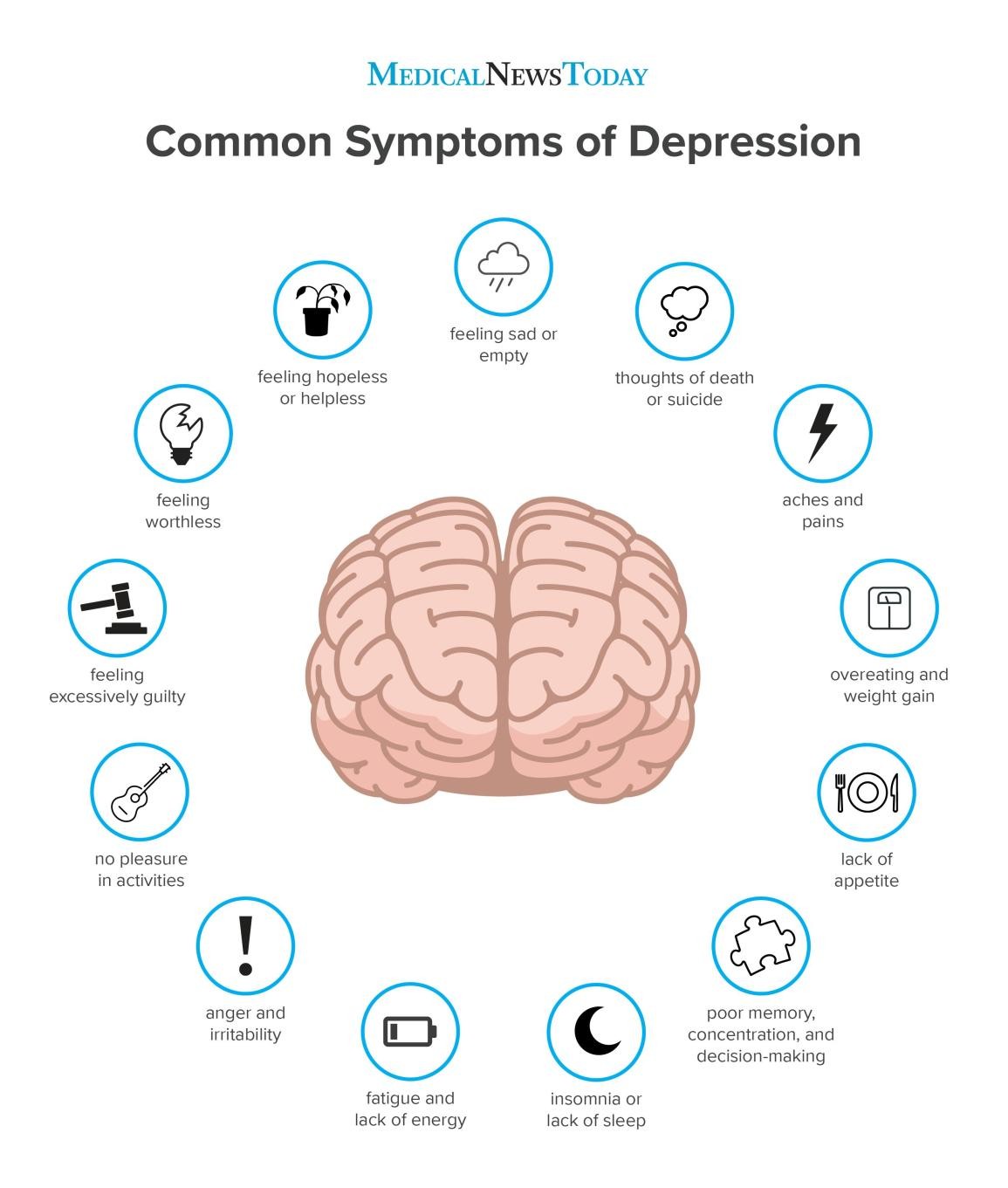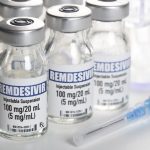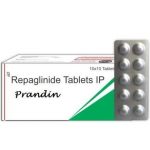
Contents
5 Characteristics of Depression
Depression includes a wide range of symptoms, but here are the 5 most common characteristics.
Symptoms can vary from person to person, ranging from mild to severe and acute or chronic.
Here are five of the most common characteristics that people with depression experience:
- Low mood/low interest in activities enjoyed previously:
- Feeling depressed for more than two weeks is an alarming sign to seek help.
- Low self-esteem prevents enjoyment of previously enjoyed activities.
- Trouble concentrating:
- Lack of focus, brain fog, and forgetfulness make daily activities difficult.
- These affect personal, professional, and social life.
- Changes in appetite or sleep:
- Depression may cause lack or loss of appetite for some, or overeating for others.
- This can lead to weight loss or weight gain.
- Depression can also cause either sleeping too much or not getting enough sleep.
- This can lead to mood swings, irritability, and poor performance.
- Feeling hopeless/worthless:
- Negative thoughts about life and feeling guilty.
- Feeling not worth living.
- Thoughts of suicide:
- Feelings of sadness and grief may trigger suicidal attempts.
Additional symptoms of depression include:
- Tiredness (fatigue)
- Chronic pain and headache
- Digestive problems that do not improve
- Irritability and restlessness
- Inability to make decisions
What is depression?
Feeling lonely, sad, and low at times is a normal human reaction to stressful life events. However, when these feelings last longer, increase in intensity, or affect personal, professional, or social life, it is called depression (a mood disorder).
Approximately 1 in every 15 adults is affected by depression every year.
According to the National Survey on Drug Use and Health in 2016, around 16.2 million adults in the United States have depression.
What causes depression?
Researchers speculate that depressed people have a smaller hippocampus (a part of the brain responsible for memory storage) than normal individuals.
This smaller hippocampus has fewer serotonin receptors, which affects emotional processing in the brain.
Some experts believe that excess production of cortisol (stress hormone) could be the reason for the shrinking of the hippocampus, while others suggest that people with depression are born with a smaller hippocampus.
Depression is a complex disease with no known exact cause. It can be caused by a combination of genetic, environmental, biological, and psychological factors.
Other contributing factors linked to this condition include:
- Age: More common in adults and the elderly.
- Gender: Women are more likely to be affected than men.
- Personality: Pessimistic individuals easily overwhelmed by stress are more likely to experience depression.
- Family history: Children and siblings of depressed people are more vulnerable.
- Medical illnesses: Chronic or serious medical conditions can trigger depression.
- Grief: Death or separation of a loved one may lead to depression.
- Loneliness: Depression may be more likely in certain individuals, such as elderly people living alone.
- Conflicts: Disputes with family or friends could lead to depression.
- Abuse: Emotional, physical, or sexual abuse in childhood could cause depression later in life.
- Major life events: Stressful events can increase the risk of depression.
- Medications: Certain medications can increase the risk of depression.
- Substance abuse: Substance abuse can alleviate mood temporarily but eventually aggravate depression.
QUESTION
7 types of depression
The 7 types of depression include:
- Major depression:
- The classic type of depression.
- Loss of interest in previously pleasurable activities.
- Feelings of guilt and worthlessness and difficulty focusing on tasks.
- Persistent depressive disorder or dysthymia:
- Low mood lasting for most days for more than two years.
- Sad or low most of the time while following a daily routine.
- Bipolar disorder or manic-depressive disorder:
- Episodes of severe depression followed by mania.
- Manic episodes may range from mild to severe, with increased energy and unrealistic ideas.
- Seasonal affective disorder:
- Depressed mood during fall and winter.
- Symptoms improve with increased exposure to natural light in spring and summer.
- Perinatal depression or postpartum depression:
- Depression influenced by reproductive hormones, occurring during or after pregnancy.
- Affects one in every seven women after childbirth.
- Premenstrual dysphoric disorder (PMDD):
- Affects women and typically occurs after ovulation and ends with the start of menstruation.
- Psychotic depression:
- Depression accompanied by delusions and hallucinations.
- A serious condition often requiring hospitalization.
How is depression diagnosed?
If you experience mood or cognitive changes that last for more than a few weeks, it is best to consult a mental health specialist to help determine the possible causes.
There is no single test for diagnosing depression; a thorough physical examination along with medical and family history is key.
How is depression treated?
Depression is a risk factor for heart disease and dementia. Unfortunately, about half of the people never receive a diagnosis or treatment.
Treatment may consist of the following:
- Diet: Eat a healthy and nutritious diet.
- Physical activity: Exercise for at least 30 minutes a day, five days a week.
- Lifestyle modifications: Avoid or quit smoking, alcohol, and other addictive drugs.
- Psychotherapy or talk therapy: A specific form of counseling.
- Medications: Antidepressant medications prescribed as needed.
- Brain stimulation therapies: Techniques used to correct neurotransmitter imbalances.
- Neuromodulation techniques: Noninvasive methods that target specific brain areas.
- Implantable devices: Devices that send regular impulses to the brain.


